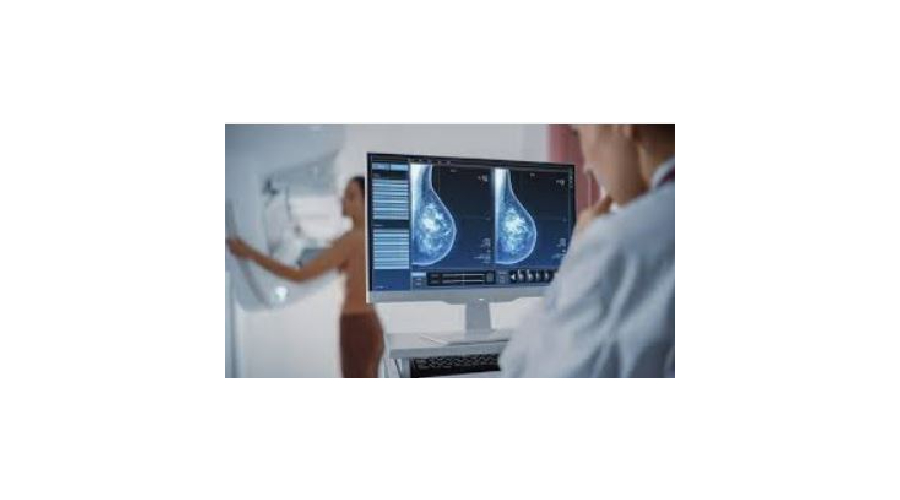2 October 2022
Dr. Jennifer McAlister
I share the following article with the MHMS and the community in the Solomon Islands especially because I am concerned about the lack of screening programmes at home to detect early signs of breast cancer.
Quote.
Many women are aware they will need a mammogram in their lifetime as these screenings are the most effective tool to detect breast cancer early and give individuals the best chance at survival. While a mammogram is an essential part of preventive healthcare, each individual has different characteristics that may influence the type of screenings most suitable for their breast type. This is especially important if you have dense breast tissue.
What is dense breast tissue?
The breast is made up of different kinds of tissue: fibrous–or the kind that holds the breast tissue in place–glandular–which is what makes milk–and fatty tissue. Women with dense breasts have more fibrous and glandular tissue than fatty tissue. When you have dense breasts, it can make it harder to see cancer on a mammogram because the fibrous and glandular tissue can look very similar to a tumor.
So how do you know if you have dense breasts? The way we screen for breast density is through a mammogram. The radiologist examining your images will read your mammogram and then assign you a level of breast density from A to D:
A. Mostly fatty: the breast is composed of nearly all fatty tissue and this is the case for 10% of women.
B. Scattered areas of fibroglandular density: the breast has some areas of fibrous and glandular tissue but is mostly fatty. About 40% of women have this level of density.
C. Heterogeneously dense: the breast has some fatty tissue but is by and large primarily dense tissue. It’s estimated that 40% of women have this density level.
D. Extremely dense: the breast is composed almost completely of dense tissue and very little fatty tissue and 10% of women have extremely dense breast tissue.
If you are told you have a level of C or D density, you are classified as having dense breasts.
Why does breast density matter?
As I mentioned before, dense breast tissue and tumors can look similar on a mammogram. They both appear white so it can be challenging to tell if there is abnormal tissue amongst the normal dense breast tissue. Not only is it more difficult to identify breast cancers in dense breasts but having dense tissue increases one's risk of developing breast cancer. Women with dense breasts are four to six times more likely to develop breast cancer.
What options are there for dense breasts?
To respond to the needs of women with dense breasts, Pardee offers advanced technology and expert care.
An imaging tool called Automated Breast Ultrasound, commonly known as ABUS, has been shown to improve breast cancer detection in women with dense breasts by more than 37% when used along with mammography. ABUS uses 3D ultrasound technology to quickly and comfortably take images of dense breasts. Most screenings take only about 20 minutes. It is important to keep in mind, ABUS is recommended in addition to a mammogram, not in place of one.
Pardee also offers a High-Risk Breast Clinic in which highly skilled, breast experts are available to assist women with dense breasts. Our providers work with each individual patient to determine their lifetime risk for developing breast cancer. This information is then used to guide future imaging, genetic testing options and clinical follow-up to yield the best breast health.
Though you cannot control your breast density, you can choose what to do with the information. Knowing your breast density level can help you and your doctor to make informed decisions about your health and decide what options are best for you.
To schedule a mammogram or learn more about breast health visit pardeehospital.org.
As part of Breast Cancer Awareness Month, Pardee is hosting a community event to honor breast cancer survivors, Hops for Hope, at Dry Falls Brewing Co. in Hendersonville on Thursday, Oct. 6 beginning at 4 p.m. The event will celebrate survivors, bring awareness to breast cancer and raise funds for Women Helping Women, a local organization that helps fund cancer screenings and cancer care for women in need. Please join me and my colleague Vanessa Mugica, FNP for this exciting event.
End of quote.
Footnote.
Dr. Jennifer McAlister is a board-certified and fellowship-trained breast surgeon with Pardee Breast Surgery.
This article originally appeared on Hendersonville Times-News
Yours sincerely
Frank Short



